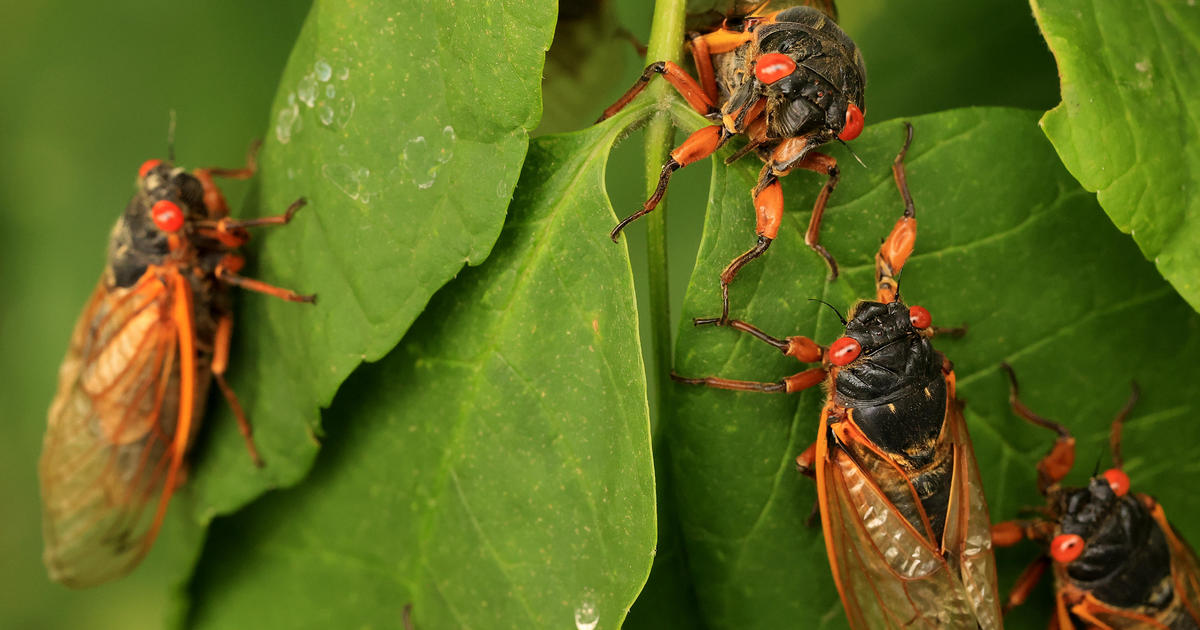UM Research Finds Brain Signals Amplify Desire For Sugary Treats
The next time you are craving sweets, blame it on your brain.
The brain receiving amplified signals can trigger an intense desire to satisfy a sweet tooth with sugary foods, a new University of Michigan study shows.
Researchers studied how intense desires and pleasures for sweet treats are affected by brain neurochemicals and brain activity signals. Temptation grows when a person is hungry or stressed, and some people may experience especially intense temptations and be more vulnerable to overconsumption.
When a sugary treat is about to arrive, the person can predict it, want it and like it. All are part of the same reward experience, but to brains they are three separate processes -- prediction, wanting and liking -- kept as different neural signals. When wanting and liking are combined, the effects on the brain can be powerful.
"Understanding the difference between a brain's liking and wanting signals should lead to better treatments for binge eating, drug addiction and other compulsive pursuits," said Kent Berridge, the James Olds Collegiate Professor of Psychology and Neuroscience at UM.
The neural separation of these signals creates a vulnerability to drug addiction, eating disorders and related compulsive pursuits and mood disorders that tap into specific signals.
Researchers studied the activity of a brain reward circuit in rats. Rats learned that hearing one sound for a few seconds followed by a different sound predicted a sugar reward.
Painless tiny microinjections of drugs increased either dopamine or opioid chemicals to stimulate neurons within the brain.
When dopamine or opioid circuits in the brain were stimulated, desire increased. Neuron signals to the second sound cue created a moment of frenzied motivation before the treat, resulting in the rats eating more chocolate than normal.
Opioid stimulation also increased pleasure signals in neurons during the taste of sugar. Researchers noticed that the rats made more facial expressions of sucrose 'liking' such as lip licking -- an action similar to what humans do.
When researchers activated natural opioid chemicals similar to heroin in a brain structure to create a hunger-like state, it amplified brain pleasure signals elicited by a sugary taste.
Activating a different neurochemical system (dopamine) created an addiction-like state, in which sugar cues similarly triggered excessive desire signals for the sweet reward -- but sweetness pleasure remained no higher than normal. Brain signals for predicting the treat always remained normal, showing that pleasure and desire were being amplified without changing the rats' expectations of reward.
Researchers note that binge eating by some individuals may result from brain mechanisms producing stronger temptation desires or greater food pleasure than most people experience. Drug addiction may result from brain changes that specifically amplify dopamine mechanisms of wanting to take drugs, whether or not the drug is highly liked.
"Addictive drugs might specifically hijack the motivation signals to exaggerate desire for more," said Kyle Smith, the study's lead author and a researcher at Massachusetts Institute of Technology.
Smith and Berridge conducted the research, which appears in Proceedings of the National Academy of Sciences, with UM researcher J. Wayne Aldridge.



